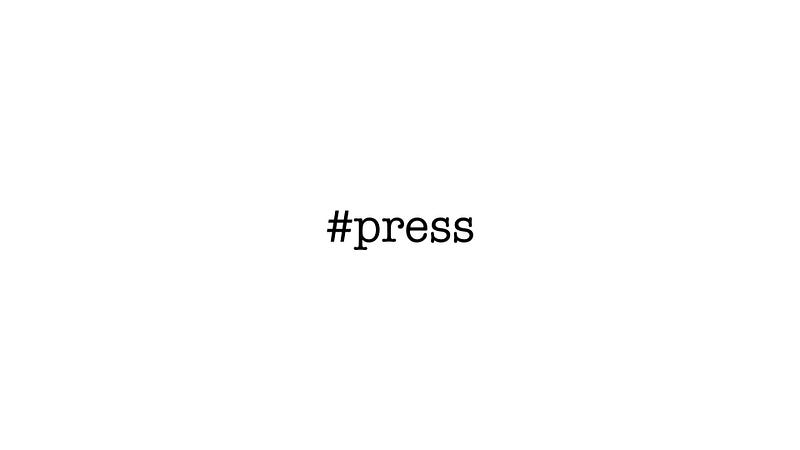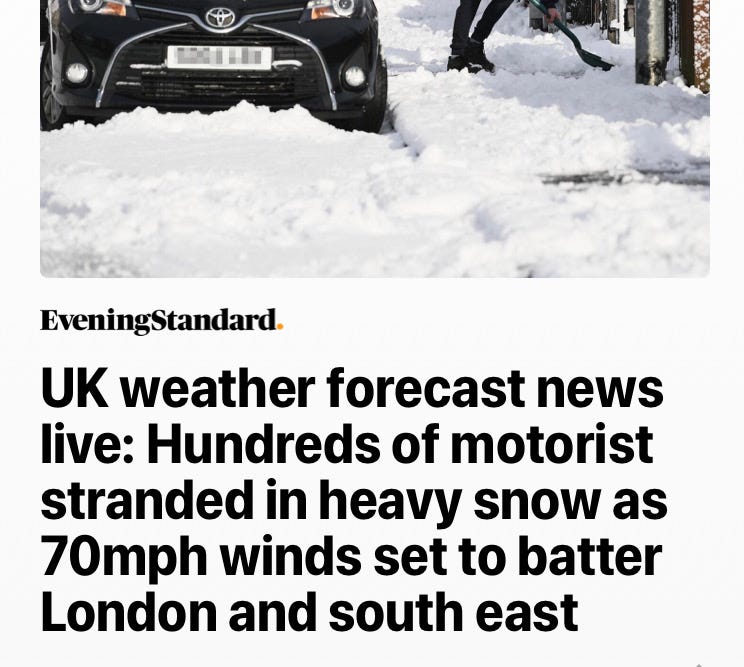
The first ENGLISH newspaper was first published in The Netherlands.
I know that might sound like a fake news story, but it is actually true. In fact they published newspapers for Italy and Germany before they published their own.
Here is the Wikipedia page that confirms the story and of course you may not believe Wikipedia either?
https://en.wikipedia.org/wiki/History_of_newspaper_publishing
Well it all depends whether you’re Dutch like me and then you will convince yourself that indeed it is true. Or if you are a different nationality then you will read that your nation was the first one to publish newspapers, doesn’t matter that it wasn’t in English, correct?
Either way the press have been around for 400 years and news stories are being published every single second of the day at lightening speed. Because it is news, we have a built-in program, conditioned over centuries that whatever has been published by the press is actually true. After all it’s there in black and white and surely nobody would allow the journalists to write a fake news story and actually publish it?
Roll on the internet and now we find ourselves in the wild Wild West. Basically anything goes. But our brains are still conditioned to believe what has been written by the so called press must be the truth.
I have one great example to share with you, a story that reports on bad weather. Here in the UK we are obsessed with the weather and the press know this, so it’s always an excellent opportunity to publish an article about forthcoming weather events in the UK, especially snow and wind, they make a lethal combination to get our attention.
However reporters like to bend the truth in their headlines to pull you in to their story. Have a look at the screenshot below of a headline that caught my attention. Now you may suggest to me that it’s just a coincidence, but I’ve been studying news headlines all through 2017 and have noticed patterns, especially about outlandish weather headlines that hardly ever were true.

The first part of the headline suggests that hundreds of people are stranded in heavy snow. The second part is confirming a forecast 70 mph winds set to batter London and Southeast.
The headline starts off by saying that the news is Live, so it can be misunderstood to say that at the time of that story being published, people are stranded in London and the Southeast with 70 mph winds. It’s ever so subtle but it attempts to get you to click through, which of course I did.
We don’t read properly on the web, we scan and journalists know this, you’re even scanning when you reading this article.
Can you see what I mean with misleading and outlandish headlines? The next day there were even more headlines along the same lines. I’m guessing that weather stories are clickbait for the press to get us to their sites. Makes you wonder doesn’t?
Happy reading?